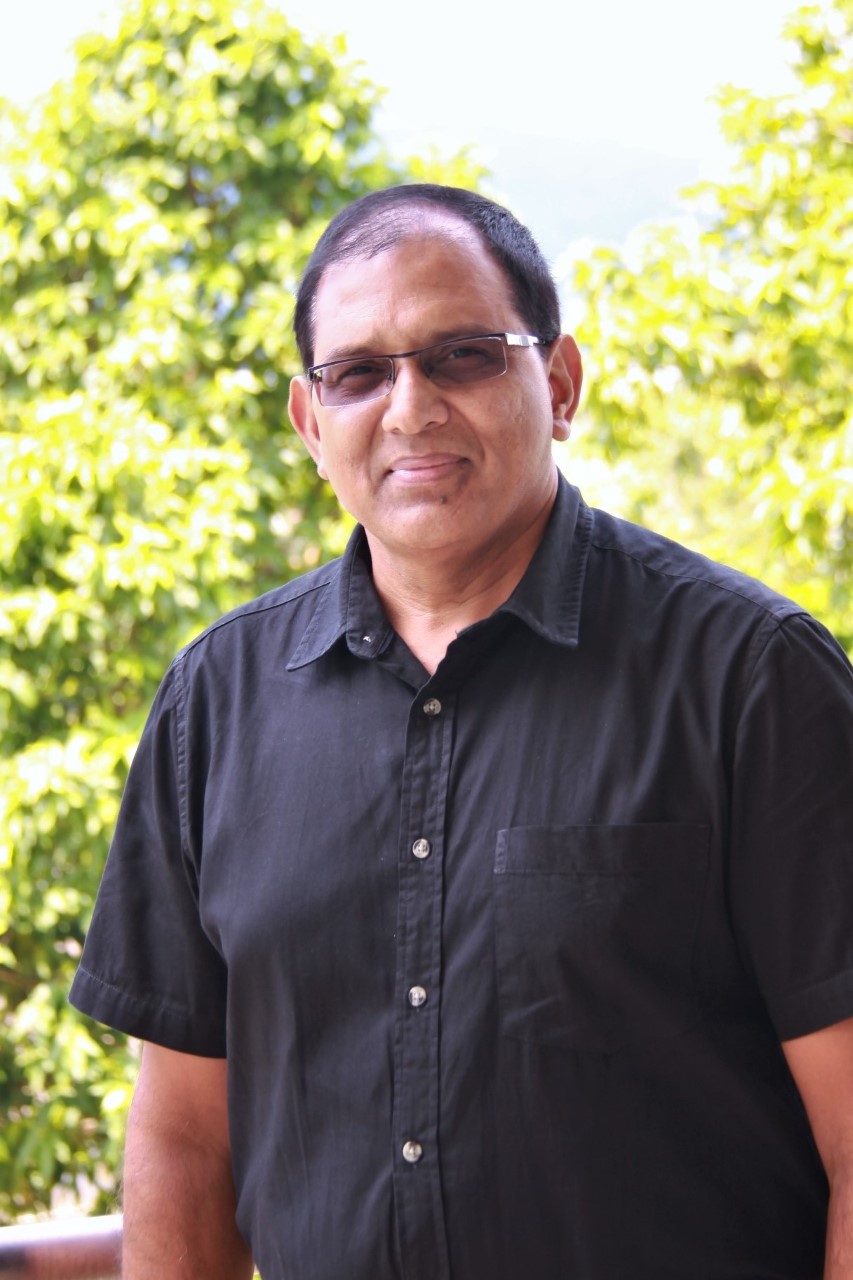Professor Yousif Abdalla Abakr, from the Department of Mechanical, Materials and Manufacturing Engineering, is leading on a project that will use waste to generate clean fuel using small-scale technologies that can be sited close to rural, as well as urban, communities. The project is in collaboration with Tex Cycle (P2) Sdn Bhd and Ricardo UK PLC.
Dr Ajit Singh, from the School of Biosciences, is leading on a project that will use a new process called hydrothermal carbonization. This technology has recently reached a point in its development where it is able to process thousands of tonnes of food waste into a renewable biocoal that can be used in a variety of industrial and domestic applications. This project is in collaboration with Eureka Synergy Sdn Bhd, SWCorp Malaysia and CPL Industries Ltd.
Malaysia faces major challenges in waste management and recycling. Working with our UK partners, Ricardo and CPL Industries, we look forward to finding innovative solutions with positive social economic and environmental impact in Malaysia".
Using waste to generate clean fuel
Studies from the Malaysian Housing and Local Government Ministry, in 2018 found that 76% of waste went to landfill. Not only does this cost the country RM 2.4 billion per annum, it also produces a threat to the environment and poses adverse health risks to people who live nearby. To address this problem, the research project will evaluate technologies to turn waste, particular food waste and plastic into fuel at rural communities in Malaysia. Benefits to the local communities are two-fold, the need to transport waste or send it to landfill which be eliminated and instead the communities can either use or sell the fuel. The project is innovative because it will provide a reliable, sustainable fuel source to communities through the local waste fuel ecosystem.
The Malaysian partner of this project, Tex Cycle (P2) Sdn Bhd will investigating waste and recycling techniques including pyrolysis, gasification and waste materials characterisation. Tex Cycle will also engage with local communities and waste value streams as part of their role in this project. Ricardo UK PLC has expertise in energy systems, system design and integration and the development of innovative technologies. This UK partner will use their technology and work with local experts who understand the makeup of local waste streams.

We are confident that this study will facilitate the transfer of the HTC technology that will convert food waste into clean renewable biocoal in Malaysia."
Processing food waste into a renewable biocoal
Malaysians generate 38,000 tonnes of waste per day and out of that 15,000 tonnes is food waste. The country relies largely on land refill sites but these generate huge amounts of methane (a greenhouse gas) and heavy metal and toxic leechates that are not environmental friendly. To address this problem, the research project will use hydrothermal carbonisation technology. This is a very energy efficient method that can produce a renewable energy biocoal. Compared to other products. This biocoal is a carbon neutral product, it burns clean and only takes few hours to process. The project will include a feasibility study on possible markets, accessing the commercial benefits and also the technological sustainability in terms of environment and economy.
CPL Ltd has expertise in producing cleaner, greener, more efficient, smokeless solid fuels. In the UK, the company is already operating a commercial sized plant funded by Innovate UK and the University of Nottingham UK. There is exciting potential to use this technology as a solution to the growing food waste issue in Malaysia. The Malaysian partner of this project, Eureka Synergy Sdn Bhd will manage the feasibility study, while SWCorp Malaysia will be carrying out a survey on consumer perceptions of the biocoal product.
"We are confident that this study will facilitate the transfer of the HTC technology that will convert food waste into clean renewable biocoal in Malaysia." Dr Ajit Singh said.
The Newton-Ungku Omar Fund (NUOF) Grand Challenge 2019. NUOF Grand Challenge provides a platform for UK, Malaysian businesses and academic institution to collaborate on finding solutions to the challenges of urban mobility and waste to wealth in Malaysia. Innovate UK, part of UK Research and Innovation, and the Malaysian Industry-Government Group for High Technology (MIGHT) are working collaboratively under the Newton-Ungku Omar Fund to part finance these projects.






